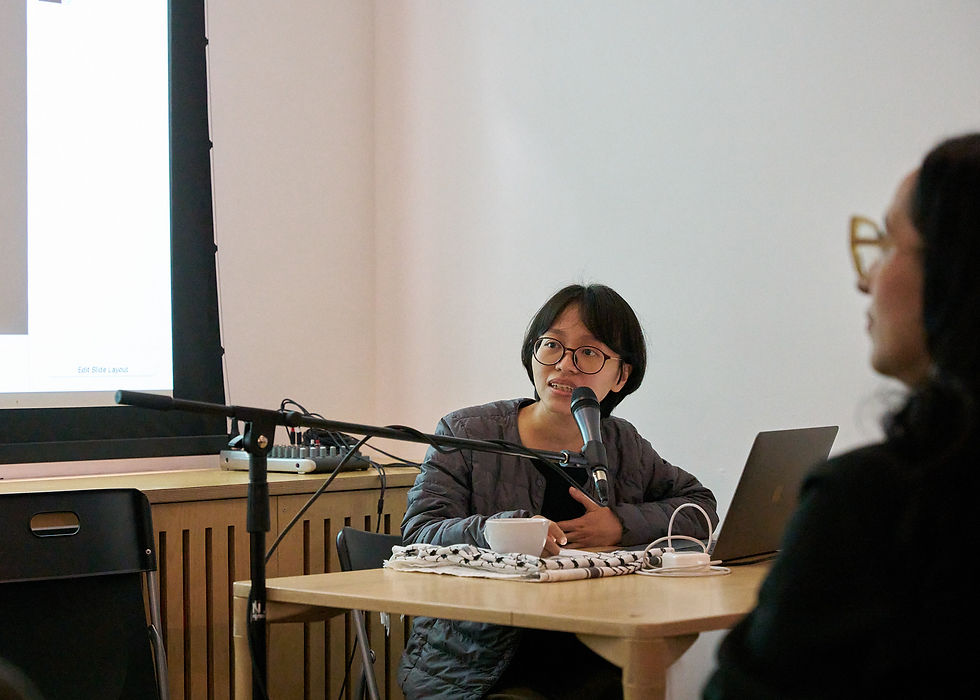George Reiner
- Pamenar Press

- May 20, 2023
- 2 min read
George Reiner is a poet and translator now based in Ramsgate. He was a member of the Birmingham Hippodrome Young Poets and his poetry, translations and reviews can be found in Berfrois, Datableed, The Madgridal, Nowruz Journal, and Under a Warm Green Linden. He has also contributed texts for project spaces such as IKLECTIK London, ERGO Collective Space, Athens, Balcony, Lisbon, and forthcoming texts for Capela da Boa Viagem, Madeira, and CasaPiena, Sicily.
Translator’s Notes
The Exeter Book is one of (if not the), oldest books of English Literature. Composed between 960 - 980 CE, it contains a large proportion of surviving Anglo-Saxon Literature, including approximately 95 riddles. Despite its cultural significance, the Exeter Book has had a varied life. It was used as a gold and silver leaf press, a cutting board, a glue stand, and several of its final pages have a large diagonal burn mark. While one scholar suggests this was caused by a burning beam during a Viking raid, I suspect it was a fire iron from a kitchen when it was used as a cutting board. Later on, marginalia were then added to the book by 16th and 17th century antiquarians.
While the scribe and author of The Exeter Book riddles are unknown, the named authors of contemporary Latin riddles, such as Aldhelm (bishop of Sherborne) or Tatwine (archbishop of Canterbury), tell us that riddles were not quaint, but an important literary genre with an illustrious heritage from Latin and Byzantine traditions. Riddles had a didactic form that explored the variety of Anglo-Saxon life, from the spiritual to the obscene, and the possible transformations therein. They helped religious communities pass the time, strengthened pedagogical bonds, and confirmed the wonder and interconnectivity of their God-given world. Riddles did this by concealing an object through unfamiliar metaphors and comparisons between objects of distinct classes: nature/culture, animate/inanimate. Nonetheless, the lack of titles, solutions, and clear separation between the Anglo-Saxon riddles, have generated years of intrigue, scholarship, and refashionings.










Comments